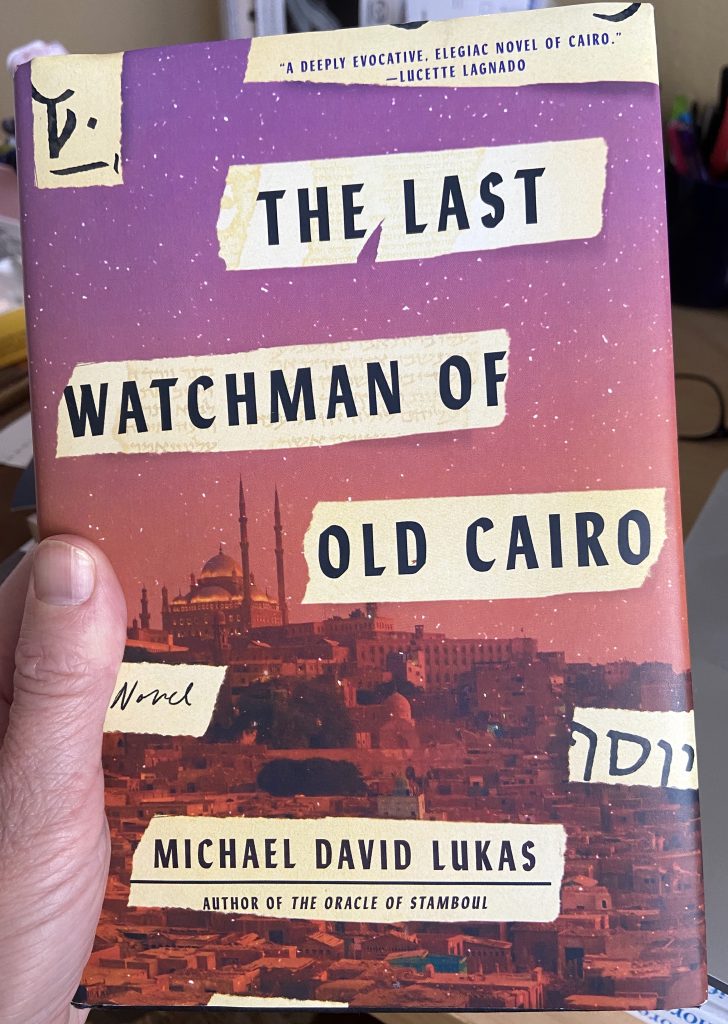The House on the Cerulean Sea is a lovely little fantasy novel about Linus, an inspector for the Department in Charge of Magical Youth (DICOMY). His job is to go visit orphanages to make sure that the children who turn out to be magical are being treated well and are learning. (There is a separate department for magical adults and it’s important to note that the magical folks are the subject of these agencies without being employed by these agencies. Linus is not magical.)
One day, he is assigned to go visit a particular group of very magical children – not just kids who’ve exhibited the ability to levitate objects, but children who might be classified as magical creatures (not people) in the Harry Potter world. I don’t know who once said that all stories begin with “you go on a journey” or “a stranger comes to town.” This is definitely the former.
There was an educational movement in the 1980s and early 1990s to create a space for everyone to thrive. The goal – many teachers were self-identified hippies – was to make a space for the weirdos, the people who weren’t your stereotypical jocks and cheerleaders to fully be themselves. (This attitude oddly extended into my first adult job, during the 1990s tech boom.) It’s gone by the wayside in favor of measurable achievement now; but then, the idea was that every person could thrive, you just had to figure out under what circumstances, and to give people the space they needed to be who they were.
The House on the Cerulean Sea is that space. DICOMY is part of the conformist world that would have everyone fit into a particular – white, patriarchal – mode. Linus’ emotional journey is predictable: he starts out as a conformist and ends up otherwise. The story is in the journey, the how.
Reading this, I remembered being in that space, thinking everyone would find their own way and thrive. That we could all get along if everyone could just give everyone else their space; if we could all just leave each other be. I miss that optimism. It was nice to visit it.




